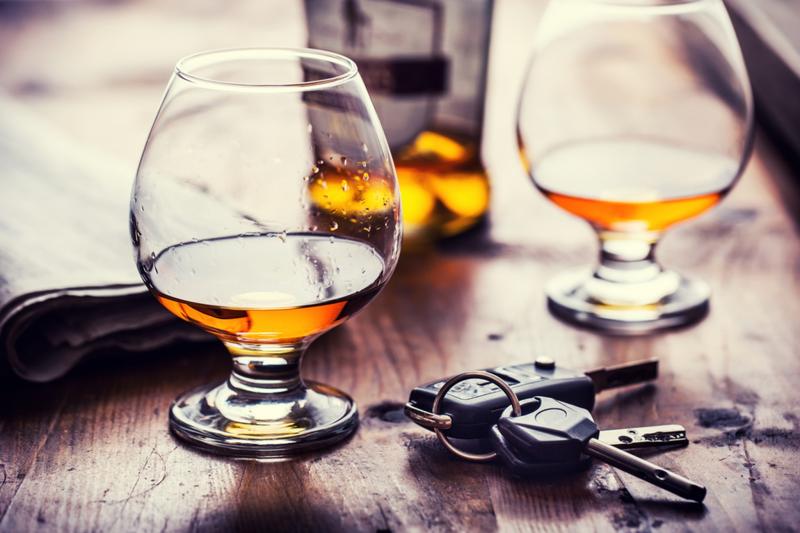Can a DUI Charge Be Dropped?

A DUI is one of the more common legal violations that an individual has to deal with. Thousands of people are convicted with this crime every year and all of them want to avoid its consequences.
While many people charged with DUI are convicted, there are a number of ways that an individual can avoid the charge. Many of these approaches stem from mistakes made by arresting officers and other prominent individuals in the justice system. Emphasizing these mistakes can be the key to avoiding this serious charge.
When Are DUIs Dropped?
The idea of having a DUI dropped mostly revolves around the way that DUIs are handled. The process of gathering evidence for a DUI is similar to the process of evidence for other crimes. The main difference between a DUI and other crimes is the fact that there is an easily accessible evidence base for this crime. The evidence base is a test that is performed either on an individual's blood or their saliva.
Tests can be used to determine the amount of alcohol that is present in a person's blood. If that amount is higher than the legal limit, they may be arrested and will often be convicted of a DUI charge. However, this clear connection does not necessarily mean that an individual is guaranteed to go to jail or face other negative consequences from a charge.
Simply failing a test is not a definite part of the justice process. An individual has to fail a test that was fairly given. There cannot be any indication that the arresting officer gathered evidence illegally or violated your rights while they were testing or arresting you..

There also cannot be any discriminatory intent in the arresting officer, who is required to provide due process and fair treatment to the individual. Discrimination among police officers is all too common. In fact, in one article that was published in the New York Times in 1999, a former officer remarked that they were tired of “hunting black and hispanic people.”
A test must also be handled in a legally permissible way. There must be a clear chain of possession for the test from the moment it was taken to the day of the trial. If any of these parameters are broken in the justice system, there is the chance that an individual will not be convicted of charges.
What To Do
Anyone who has been charged with a DUI needs to treat the charge seriously. The vast majority of first-time DUI charges do not lead to an individual facing jail time. As a result, many people do not take them seriously. Too often, they do not even consider hiring a lawyer.
Many people simply believe that they made a mistake and that avoiding jail time means that they do not have to go through the money and effort of retaining a lawyer. This view can be gravely misguided. Having a criminal record is significantly harmful to your chances of getting a job in the future.
You should always hire a lawyer for any sort of DUI charge. The lawyer will listen to your case, and they will give you advice and options based on facts of the case and your criminal history. In a large number of cases, a lawyer will at least present options that will help you fight the charges and perhaps get out of them.
A lawyer will also subpoena communications in the police office and the paper trail for your test results. If this case is built on a field sobriety test, they will scrutinize every aspect of that test and the officer's recollections of the test.
According to Florida attorney David A. Haenel, when you’ve been arrested for DUI, a lawyer is the only person who can positively impact the outcome of your case. This includes persuading the prosecutors to drop the charges that are pending against you. A legal professional can solve your DUI without taking it to trial if there are any issues with the charges.
Conclusion
If you are facing a DUI, you need to get out of jail and get home. You must be in a place where you can mount the best defense possible. Then, you need to consult an attorney and work closely with them. An attorney offers the best possible chance to avoid a conviction.
More to Read:
Previous Posts:







